1. On a normal day, I often meet many women and friends who, at some point, are reeling from the pain of betrayal. If they still love, they often justify their own injuries and are confused about it. At that time, they ask or seek explanations, but they are not satisfied. And they are often stuck in it. Only until one day, when their hands are too hot, their hearts are too painful, will they let go or leave... Many women, at some point, will go through many emotional states, pain, despair! They can only feel relieved when their emotions do not depend on anyone else, but themselves... Returning to the story of AI, humans have thousands of friends on the internet, but when confused, they go to be friends with a synthetic machine. In many cases, AI can make you cry, because it knows how to indulge your emotions! Just like young people today, they are busy looking at their phones, rather than looking into each other's eyes, they use the word healing commonly, but do not know what to heal. And from another perspective, humans, constantly indifferent to each other, then learn to heal and the ultimate loneliness, when confiding in AI.
On a normal day, when faced with perfect things, we also start asking each other: is this human or AI? We also start to understand that AI is the head and only we humans have emotions, things that only exist in the heart or close to the heart...
2. In “Homo Numericus: Humans in the Digital Age”, Daniel Cohen makes an important point: the modern world has ceased to operate according to traditional rules and has been completely reshaped by digital technology . AI is created by taking inspiration from the brain, based on neural networks to understand the human learning process: “Every time a computer discovers a strategy that helps it improve, it remembers the winning connections, the way human synapses work, and thus can build its own experience path”.
According to Daniel Cohen, technology is creating a new digital capitalism, where people are easily manipulated by algorithms that monitor their lives. They are changing the way we entertain ourselves, learn, care for ourselves, and flirt. All of this brings unprecedented convenience but also creates many contradictions.
Social networks are no exception, Facebook executive Sean Parker once did not hesitate to admit that this application exploits the vulnerability of human psychology, causing addiction: "Digital society immerses people deeply in the virtual world , social networks stimulate competition to attract attention and lead to emphasizing differences through provocation, exaggeration, venting anger, even enjoying being able to say the unspeakable, express the indescribable". Daniel Cohen believes that the digital revolution will reshape social life. Humanity also faces the risk of losing connection when virtual algorithmic assistants replace human partners, reduce face-to-face meetings, and break relationships with others.
3. However, the digital revolution also opens up another future. According to experts, digital transformation is essentially a cultural revolution, when people and technology become connected and integrated into a unified entity. Mr. Le Nguyen Truong Giang - Director of the Institute of Digital Transformation Strategy, believes that in today's era, people are beginning to perceive a new reality - digital reality. In this new context, everything can be measured, counted, and calculated. In order not to be swept away in the "illusion" of data, we need to create our own identity. Identity is what creates the identity of each person in this era. Building our own identity, determining what we want, and doing it methodically is how we steer ourselves in the sea of data. First of all, because technology is for people, so it must be oriented to be useful to people, not to replace people...
The development of technology brings great benefits: speed, convenience and global connectivity. With just one click, we can shop, study, work remotely or search for information in a flash. However, the author also emphasizes that the digital age not only creates opportunities but also leads to profound paradoxes. That is, we crave freedom, but are closely monitored by digital platforms. We want to control our lives, but are easily manipulated by algorithms. Platforms like Facebook or YouTube use algorithms to optimize user experience, but at the same time they also trap us in "filter bubbles", where conflicting information is eliminated, leading to polarization in thinking and perception. In this model, technology corporations not only control information but also own the personal data of billions of users. Data becomes the most valuable asset, even more important than oil or gold in the traditional economy .
One of the key questions that not only “Homo Numericus” asks is: is technology serving humans, or are humans being controlled by technology? In many cases, we are no longer decision makers but are guided by sophisticated algorithms. Social media not only reflects users’ preferences, but also shapes and changes them in ways we do not realize. E-commerce platforms can predict our needs even before we are aware of it. In the dating industry, apps like Tinder do not simply connect people, but program their interactions based on behavioral data.
Despite pointing out many problems of the digital age, Cohen still believes that technology does not necessarily control people, but people can still find ways to exploit its positive aspects. Because an ideal digital society is one where technology makes it easier for people to access knowledge, where the voice of every individual is heard, instead of being dominated by a few giant technology corporations. That means we must always have a knowledge base independent of AI...
And so, not only is it a book about technology but also a wake-up call about how we live in a digital world. With a combination of economics, philosophy and history, Daniel Cohen brings an insight into the changes of modern society. It raises important questions about privacy, personal freedom and the future of humanity in the digital age. It is for anyone who wants to better understand themselves in a flat and impermanent world, where life is touched in a different way. If we know how to use AI and not depend on it, both knowledge and openness. How heartbroken we will be, when in our "addiction" to confiding in AI when we are lost, is just an extremely intelligent machine...
Source: https://baophapluat.vn/khong-cuon-di-trong-ao-anh-post553287.html








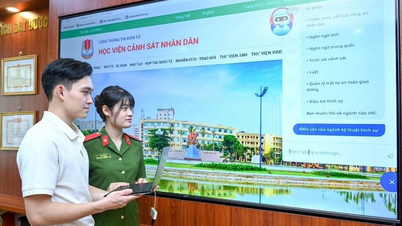



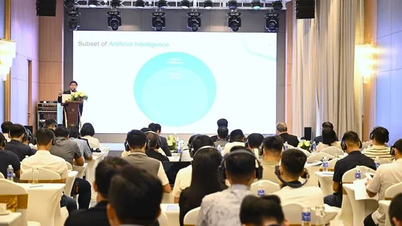


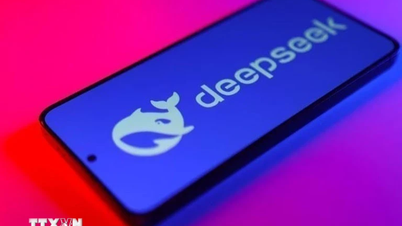

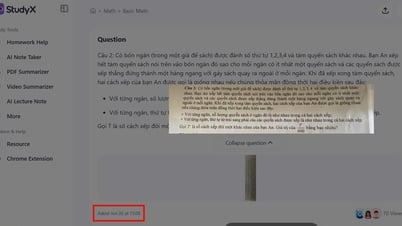

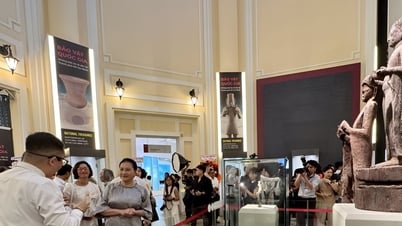


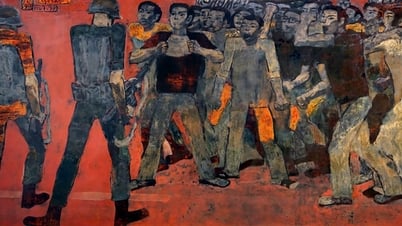















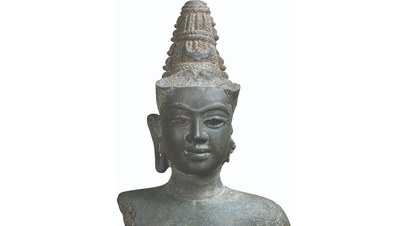






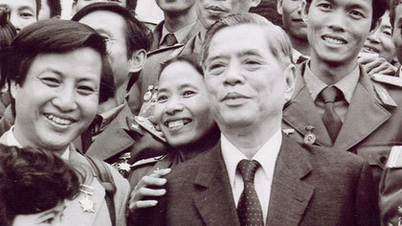














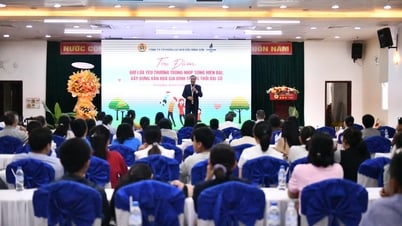


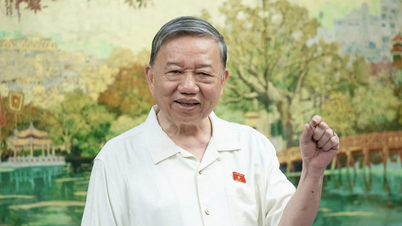

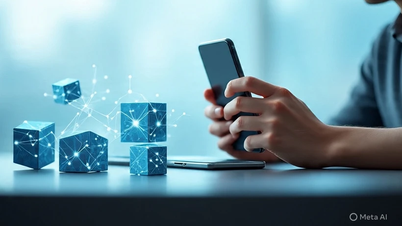





![[Infographic] Circular guiding the functions, tasks and powers of the provincial Department of Culture, Sports and Tourism and the commune-level Department of Culture and Social Affairs](https://vphoto.vietnam.vn/thumb/402x226/vietnam/resource/IMAGE/2025/6/29/877f24989bb946358f33a80e4a4f4ef5)

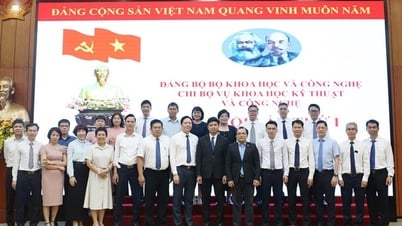
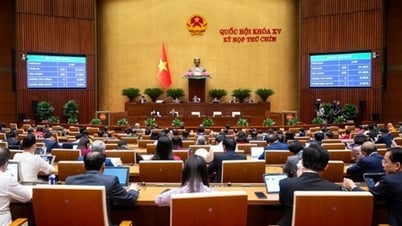


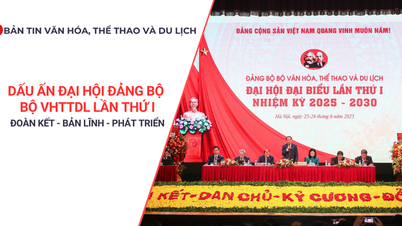


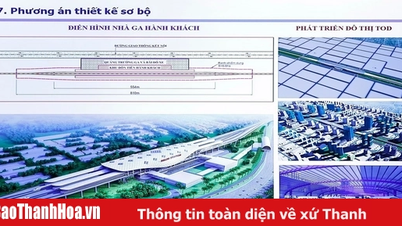







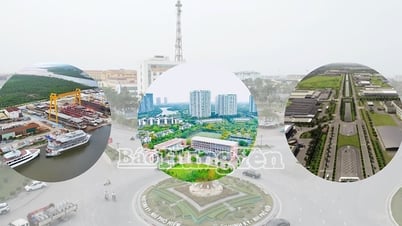















Comment (0)